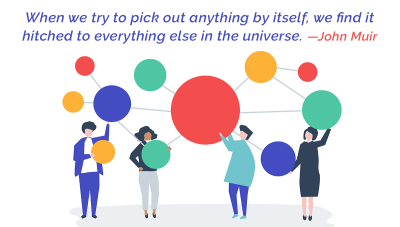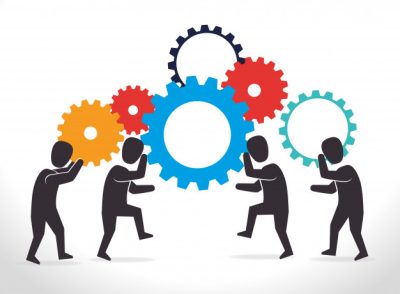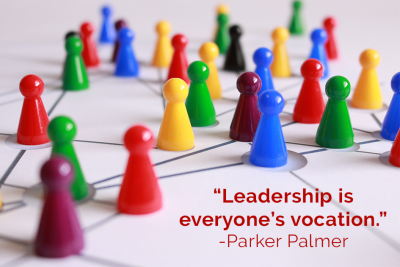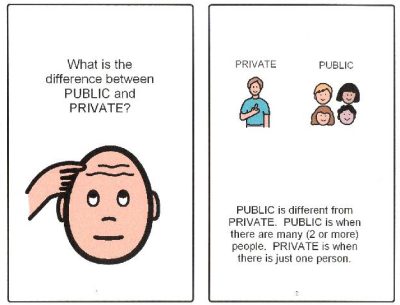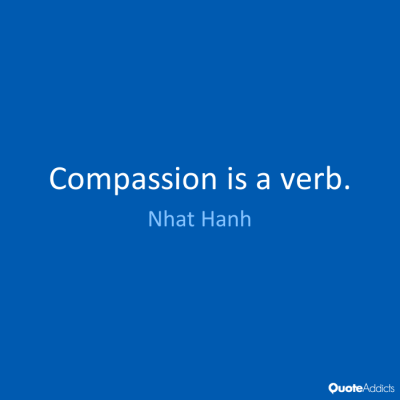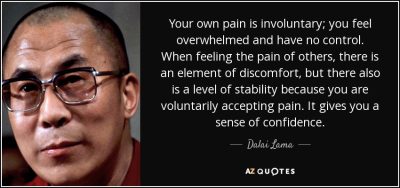Systems Thinking for an Interconnected World
Are you trying to tackle a problem that, despite everyone’s best efforts, does not go away? Are you trying to optimize your part of an organization without considering the impact on the system as a whole because it seems too complicated or too effortful to do otherwise? Are you afraid your short-term efforts might undermine your intention to solve a problem in the long-term? Are a number of groups working on the same issue at … Read more…

